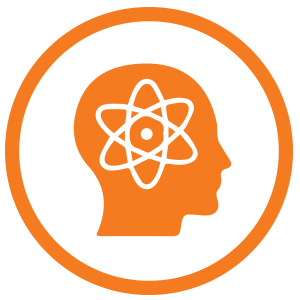Child, Family, and School Social Workers
What They Do: Provide social services and assistance to improve the social and psychological functioning of children and their families and to maximize the family well-being and the academic functioning of children. May assist parents, arrange adoptions, and find foster homes for abandoned or abused children. In schools, they address such problems as teenage pregnancy, misbehavior, and truancy. May also advise teachers.
Also Called: Adoption Social WorkerCase ManagerCase WorkerChild Protective Services Social Worker (CPS Social Worker)Family Protection SpecialistFamily Resource CoordinatorFamily Service WorkerFoster Care Social WorkerSchool Social WorkerYouth Services Specialist
Resource Details
 Knowledge
Knowledge
| Name | description |
|---|---|
| Customer and Personal Service | Knowledge of principles and processes for providing customer and personal services. This includes customer needs assessment, meeting quality standards for services, and evaluation of customer satisfaction. |
| Psychology | Knowledge of human behavior and performance; individual differences in ability, personality, and interests; learning and motivation; psychological research methods; and the assessment and treatment of behavioral and affective disorders. |
| Therapy and Counseling | Knowledge of principles, methods, and procedures for diagnosis, treatment, and rehabilitation of physical and mental dysfunctions, and for career counseling and guidance. |
| English Language | Knowledge of the structure and content of the English language including the meaning and spelling of words, and rules of composition and grammar. |
| Administrative | Knowledge of administrative and office procedures and systems such as word processing, managing files and records, stenography and transcription, designing forms, and workplace terminology. |
| Sociology and Anthropology | Knowledge of group behavior and dynamics, societal trends and influences, human migrations, ethnicity, cultures, and their history and origins. |
| Education and Training | Knowledge of principles and methods for curriculum and training design, teaching and instruction for individuals and groups, and the measurement of training effects. |
| Law and Government | Knowledge of laws, legal codes, court procedures, precedents, government regulations, executive orders, agency rules, and the democratic political process. |
| Administration and Management | Knowledge of business and management principles involved in strategic planning, resource allocation, human resources modeling, leadership technique, production methods, and coordination of people and resources. |
| Computers and Electronics | Knowledge of circuit boards, processors, chips, electronic equipment, and computer hardware and software, including applications and programming. |

